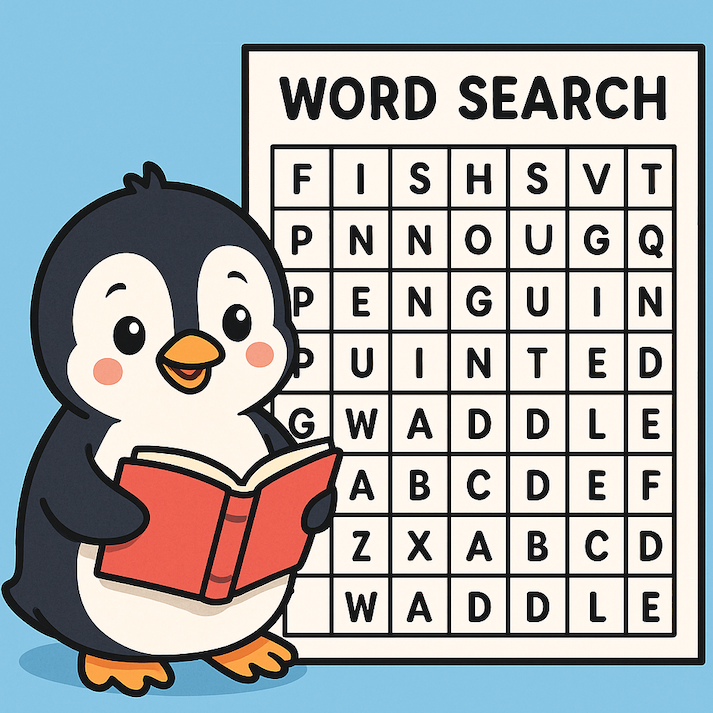
Word Search and Reading
Language Learning and Multisensory Brain (LLAMB) Lab (Haskins Laboratories, Yale University)
研究・調査への参加資格 |
For children 8 to 12 years old who are monolingual speakers of American English. |
研究・調査の流れ |
Your child will play a modified word search game, where they look for a single word hidden in a grid of letters before the board disappears (32 in total). Then, your child will see pairs of made-up words and pick the one they think looks more like a real English word. Finally, your child will see lists of words and made-up words and will be asked to read them out loud. Note: Because this study is about learning to read in English, it is only for children who are learning English by itself and no other languages (monolingual). |
現在の研究・調査 |
This study was created to learn more about how children recognize written words. We are specifically interested in how they recognize words both in the presence of competing visual information (that is, the letters in the word search puzzle that do not form words) as well as in the absence of competing visual information (the nonword decision and read-aloud tasks). By participating, you and your child will help us uncover important information about how young readers visually recognize both known and novel words. |
期間 |
30 minutes |
謝礼 |
You will be messaged a $5 Amazon.com e-gift card within 3 weeks of your participation. Your child must be eligible for the study: meaning that they are between the ages of 8 and 12 years and are monolingual speakers of American English who have no experience with other languages. Since this is a language study in which we expose children to made-up words, we want to control for linguistic background to ensure that no prior knowledge interferes (e.g., some made-up words may resemble words from other languages, potentially making the task easier for certain children and compromising our control over this factor). You can only do the study once. |
この研究・調査を実施している研究者/研究グループ Dr. Erin Isbilen (erin.isbilen@yale.edu).